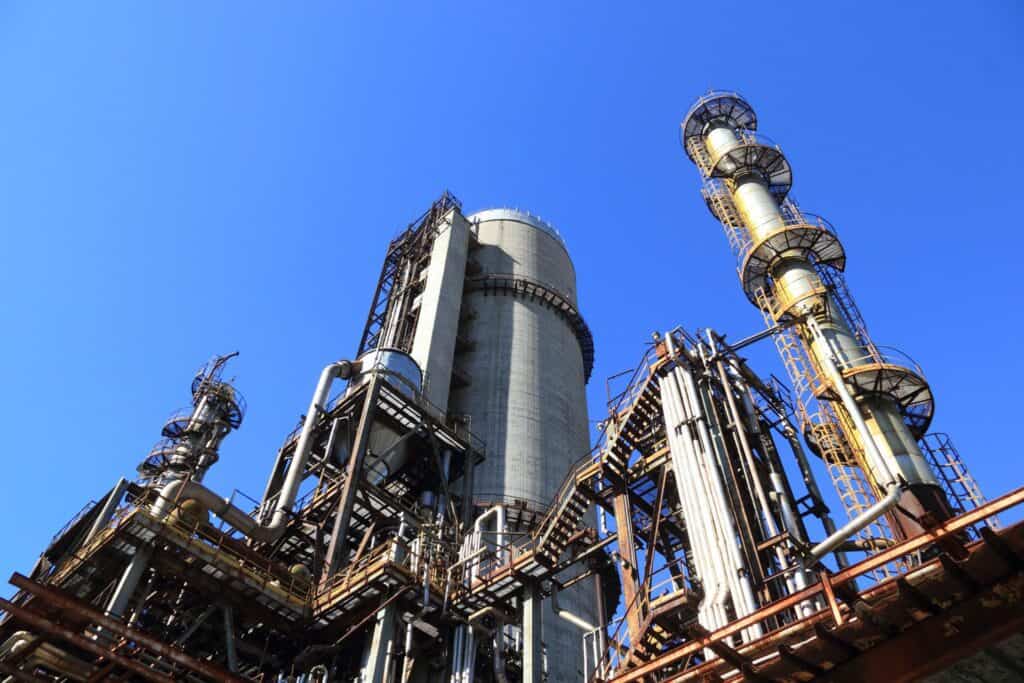When it comes to chemical processing, one of the most critical components is the pump. A pump’s job is to transfer the chemical from one process to another and to do so efficiently and reliably. Lobe pumps are a popular choice for chemical processing because they offer unmatched durability and reliability. In this blog post, we will explore the benefits and applications of lobe pumps in chemical processing and answer some frequently asked questions about these pumps.
What are lobe pumps?
Lobe pumps are positive displacement pumps that use two or more lobes that rotate in opposite directions. As the lobes rotate, they create a vacuum that draws the fluid into the pump and then pushes it out of the discharge port. Lobe pumps are often used in chemical processing because they can handle various viscosities and are gentle on shear-sensitive fluids.
What are the benefits of using lobe pumps in chemical processing?
Durability: Lobe pumps are designed to withstand harsh chemical processing conditions. They are made from stainless steel, resistant to corrosion and erosion, and can handle high temperatures and pressures.
Reliability: Lobe pumps are known for their reliability. They have a simple design, which means they have fewer parts that can fail. They also have a low-slip operation, which means there is less wear and tear on the pump and less chance of failure.
Versatility: Lobe pumps can handle various viscosities, from thin to highly viscous fluids. They are also gentle on shear-sensitive fluids, essential in chemical processing where some juices can be easily damaged.
Efficiency: Lobe pumps are efficient in terms of energy consumption. They have a low-slip operation, meaning they use less energy than other pumps. They are also easy to maintain, so they can be kept in optimal condition, leading to longer life and reduced downtime.
Applications of Lobe Pumps in Chemical Processing
Transfer of Viscous Liquids:
Lobe pumps are an ideal choice for transferring viscous liquids in chemical processing. They can handle various viscosities, from thin liquids to highly viscous fluids. With their gentle handling of shear-sensitive fluids, lobe pumps are suitable for transporting fluids that can easily damage.
Chemical Mixing and Blending:
In chemical processing, lobe pumps are also used for mixing and blending different chemicals. They can handle high shear forces, making them suitable for mixing and blending even the most challenging chemical compositions. Additionally, they can maintain consistent flow rates and pressures, which is crucial for achieving uniform mixing.
Loading and Unloading:
Lobe pumps are also used for loading and unloading chemicals from tankers and storage tanks. They can transfer chemicals from the storage tanks to the processing equipment or vice versa. With their durable and reliable design, lobe pumps can handle the harsh conditions of loading and unloading chemicals, even in remote or challenging locations.
FAQs
Q: Are lobe pumps suitable for pumping abrasive fluids?
A: Lobe pumps can handle some abrasive fluids, but it depends on the type of fluid and the pump’s material. A lobe pump may not be suitable if the abrasive liquid is highly corrosive.
Q: Can lobe pumps handle fluids with high solids content?
A: Lobe pumps can handle fluids containing some solids, but they are unsuitable for pumping liquids with large solid particles.
Q: How often do lobe pumps need to be maintained?
A: Lobe pumps are relatively easy to maintain and require maintenance every 6 to 12 months, depending on the frequency of use and the type of fluid being pumped.
Q: What is the lifespan of a lobe pump?
A: The lifespan of a lobe pump depends on several factors, including the type of fluid being pumped, the operating conditions, and the maintenance schedule. With proper maintenance, a lobe pump can last for many years.
Conclusion
Lobe pumps are widely used in chemical processing due to their unmatched durability and reliability. They can handle various viscosities, making them suitable for multiple applications, including transferring viscous liquids, mixing and blending, and loading and unloading chemicals. Consider a lobe pump if you are looking for a reliable pump for your chemical processing needs.


